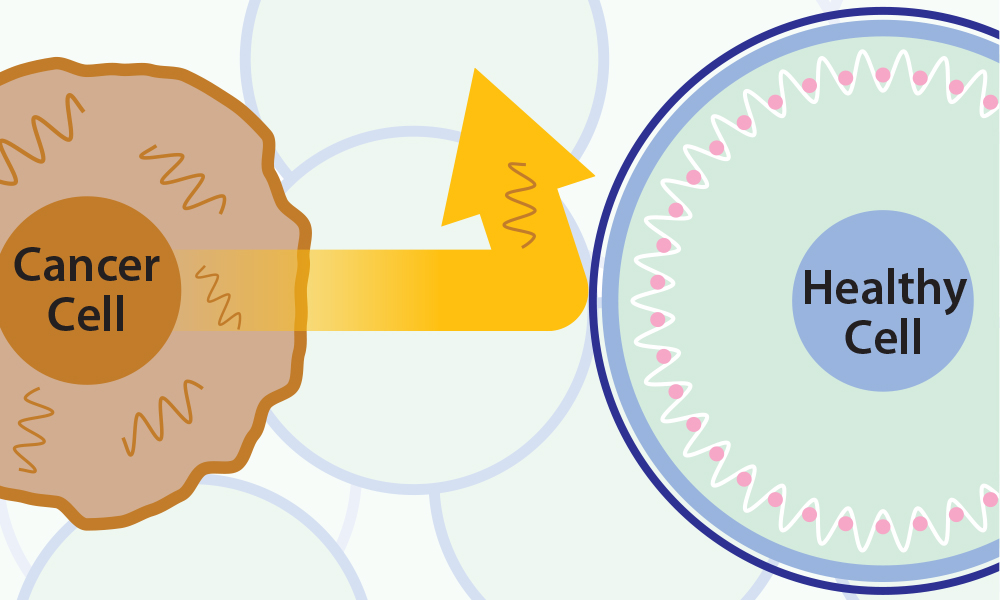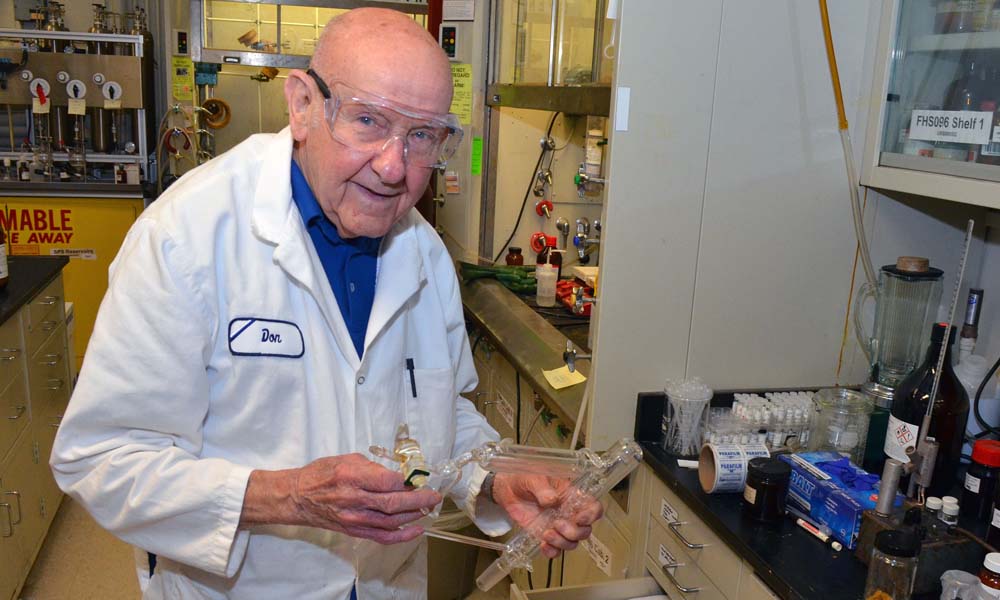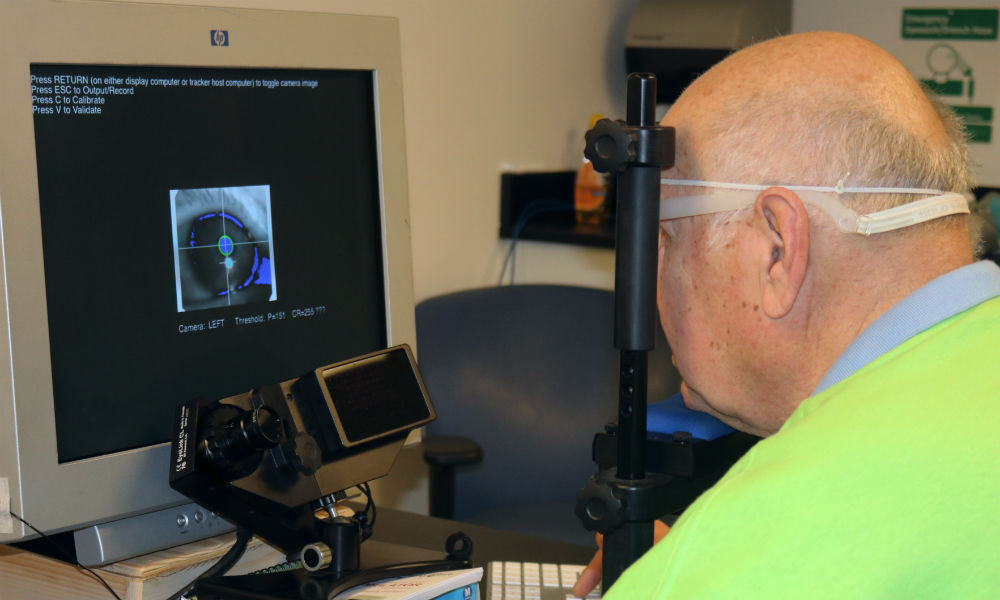
Science & Technology
In the mystery of positrons, dark matter is leading suspect
November 16, 2017
Scientists at the HAWC Gamma Ray Observatory have ruled out two pulsars as the source of an unexpectedly large presence of positrons in our corner of the galaxy. Could they come from something more complex and exotic: dark matter?










